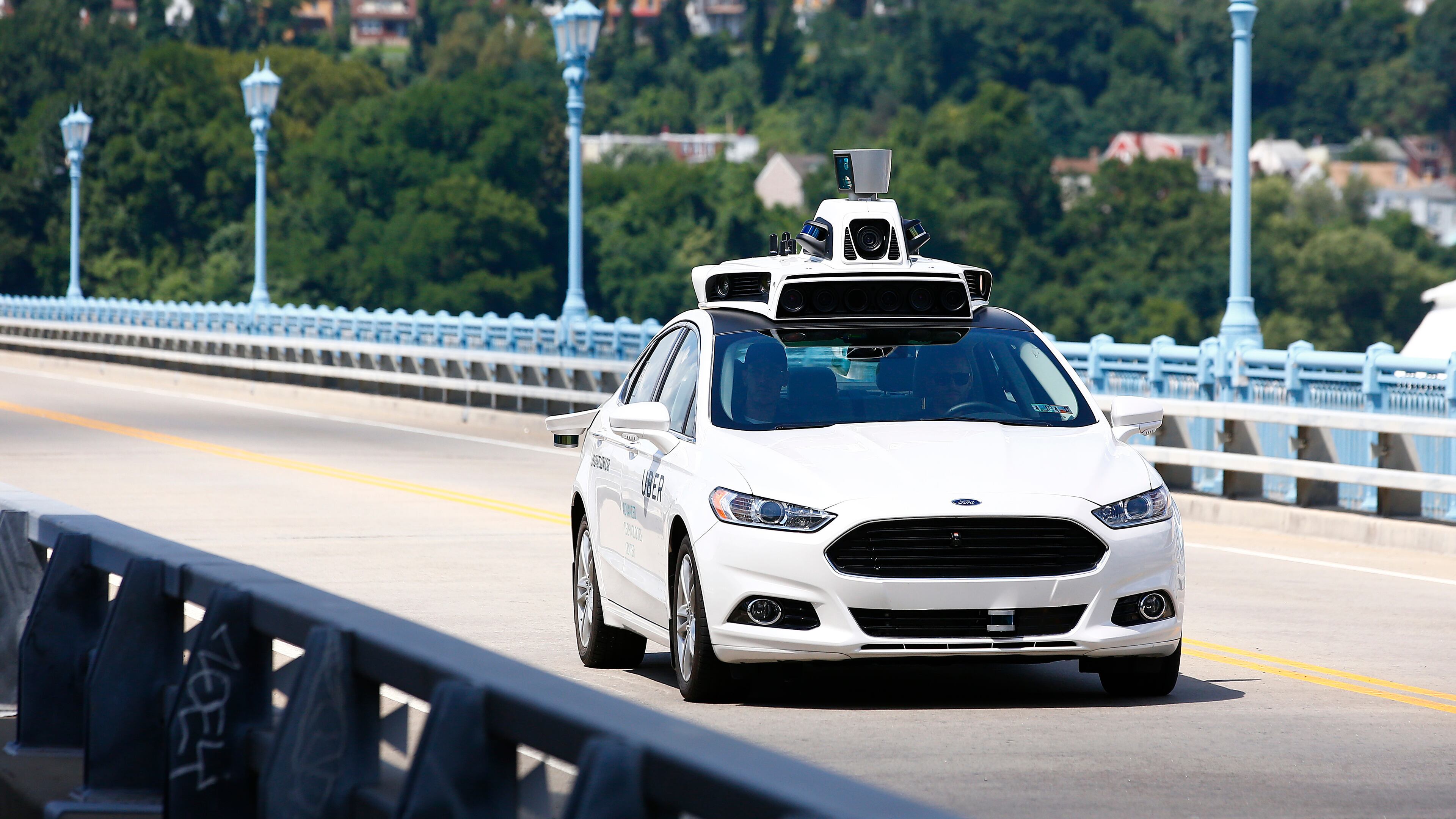Senators try to speed up deployment of self-driving cars

WASHINGTON — In the first major congressional attempt to address the advent of self-driving cars, two senators said Monday they're launching a bipartisan effort to help to speed up the deployment of the vehicles on the nation's roads.
Republican John Thune of South Dakota, chairman of the Senate Commerce, Science and Transportation Committee, and Democrat Gary Peters of Michigan, said they're exploring legislation that "clears hurdles and advances innovation in self-driving vehicle technology."
The senators' counterparts in the House are also gearing up to address the new technology, with a hearing scheduled for Tuesday.
Automakers cite federal requirements that all vehicles must have steering wheels and brake pedals as examples of regulations that presume there will be a human driver and might inhibit the introduction of self-driving cars. Congressional action may be needed to make changes.
"Without changes to those regulations, it may be years before the promise of today's technology can be realized and thousands of preventable deaths that could have been avoided will happen," Michael Ableson, General Motors' vice president of global strategy, plans to tell the House Energy and Commerce Committee, according to prepared testimony.
Proponents of self-driving cars say they hold the potential to dramatically reduce traffic deaths by eliminating human error, which the National Highway Traffic Safety Administration says is a factor in 94 percent of all fatal crashes. More than 35,000 people were killed on the nation's roads in 2015, up over 7 percent from the previous year. Traffic deaths surged an additional 8 percent in the first nine months of last year.
Automakers also say that states are moving ahead with their own regulations, creating the potential for a confusing "patchwork" of laws.
"Our effort will also include a discussion on the existing patchwork of laws and regulations and the traditional roles of federal and state regulators," Thune and Peters said in a joint statement.
Safety advocates have urged the government to set standards that specifically address the safety of self-driving cars. The Obama administration last year issued a voluntary set of safety goals for makers of self-driving cars to meet with the understanding that enforceable regulations could follow.
The Trump administration hasn't yet indicated what approach it will take to the technology.
Some people may first experience riding in a self-driving car by hailing an on-demand, ride-sharing service like Uber or Lyft. Uber began offering passengers rides in autonomous cars with a human as a backup driver last year in Pittsburgh. Joseph Okpaku, Lyft's vice president of government relations, says in prepared testimony for the House hearing that the company's goal is "to operate a pilot in a major city this year that will permit consumers to enjoy, for the first time, a Lyft in an autonomous vehicle."

